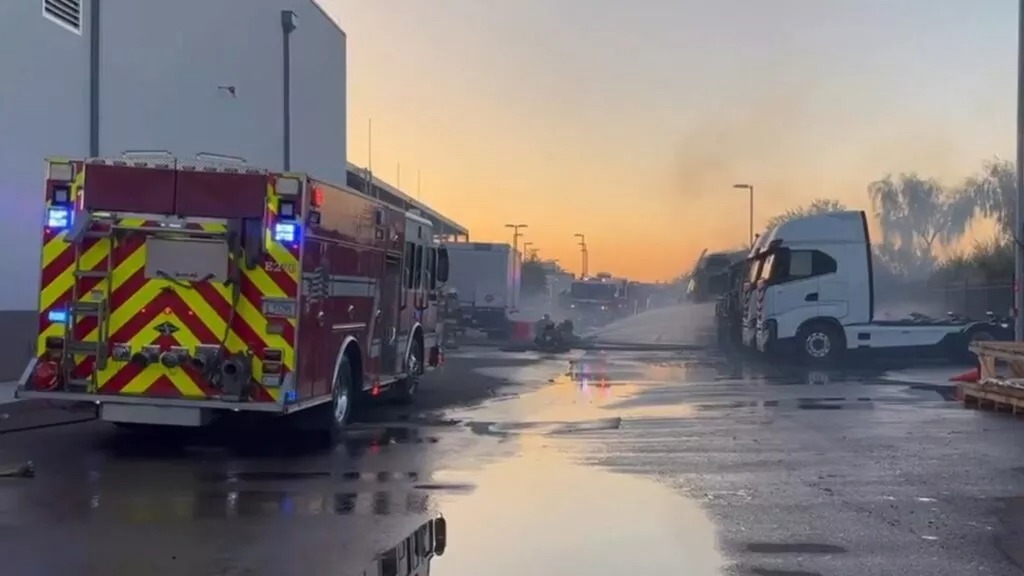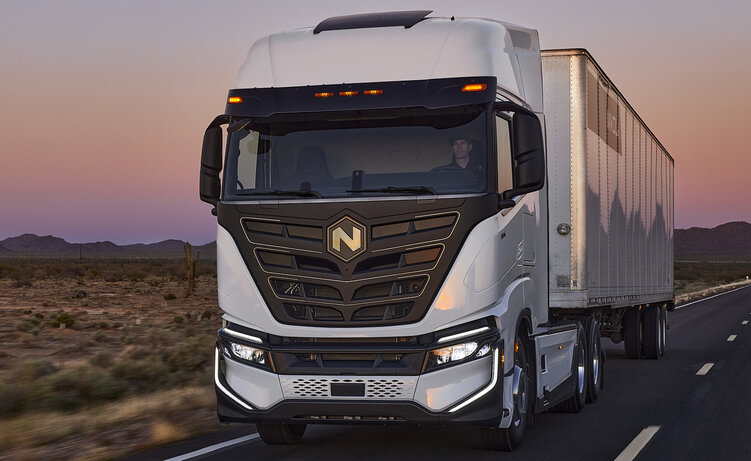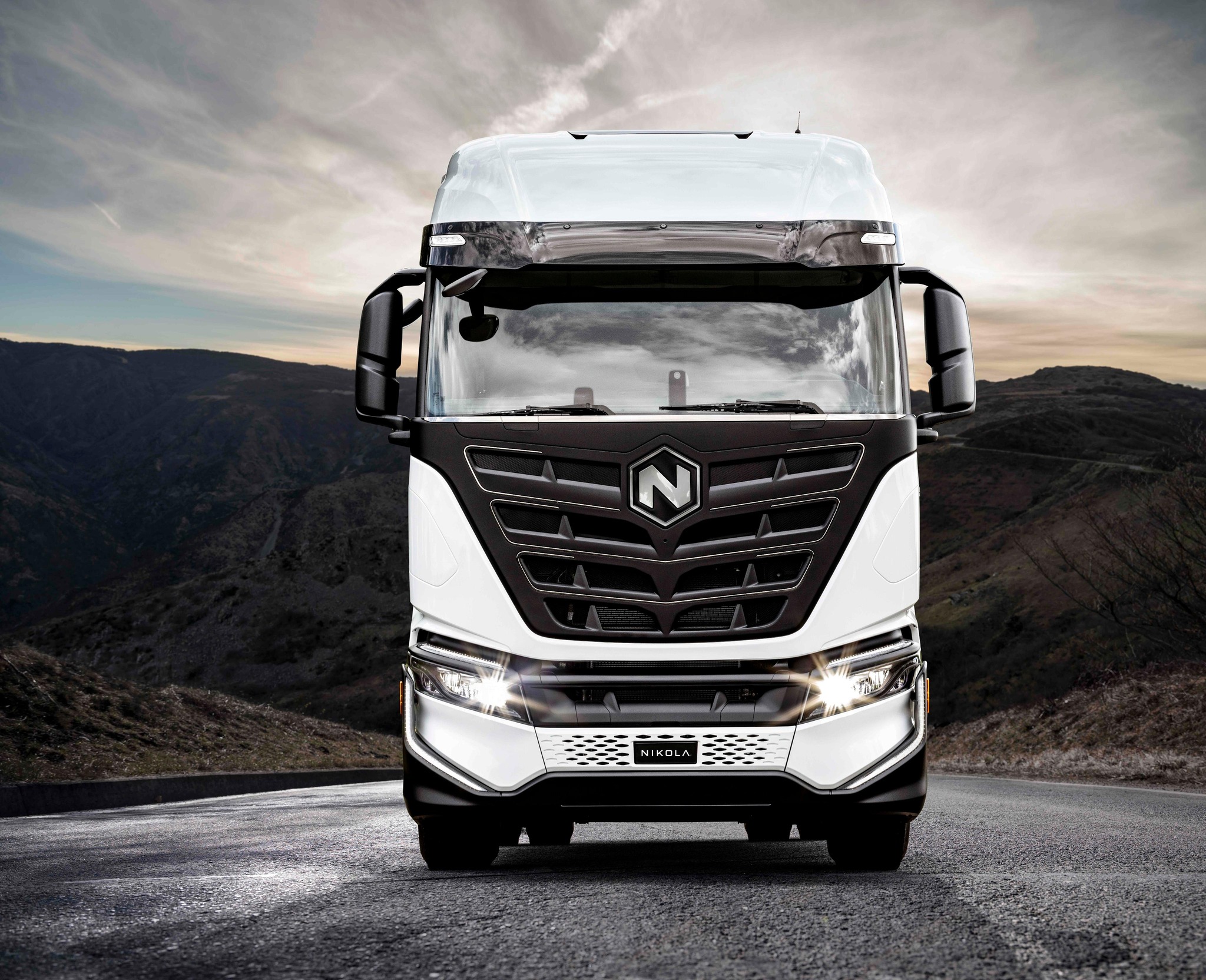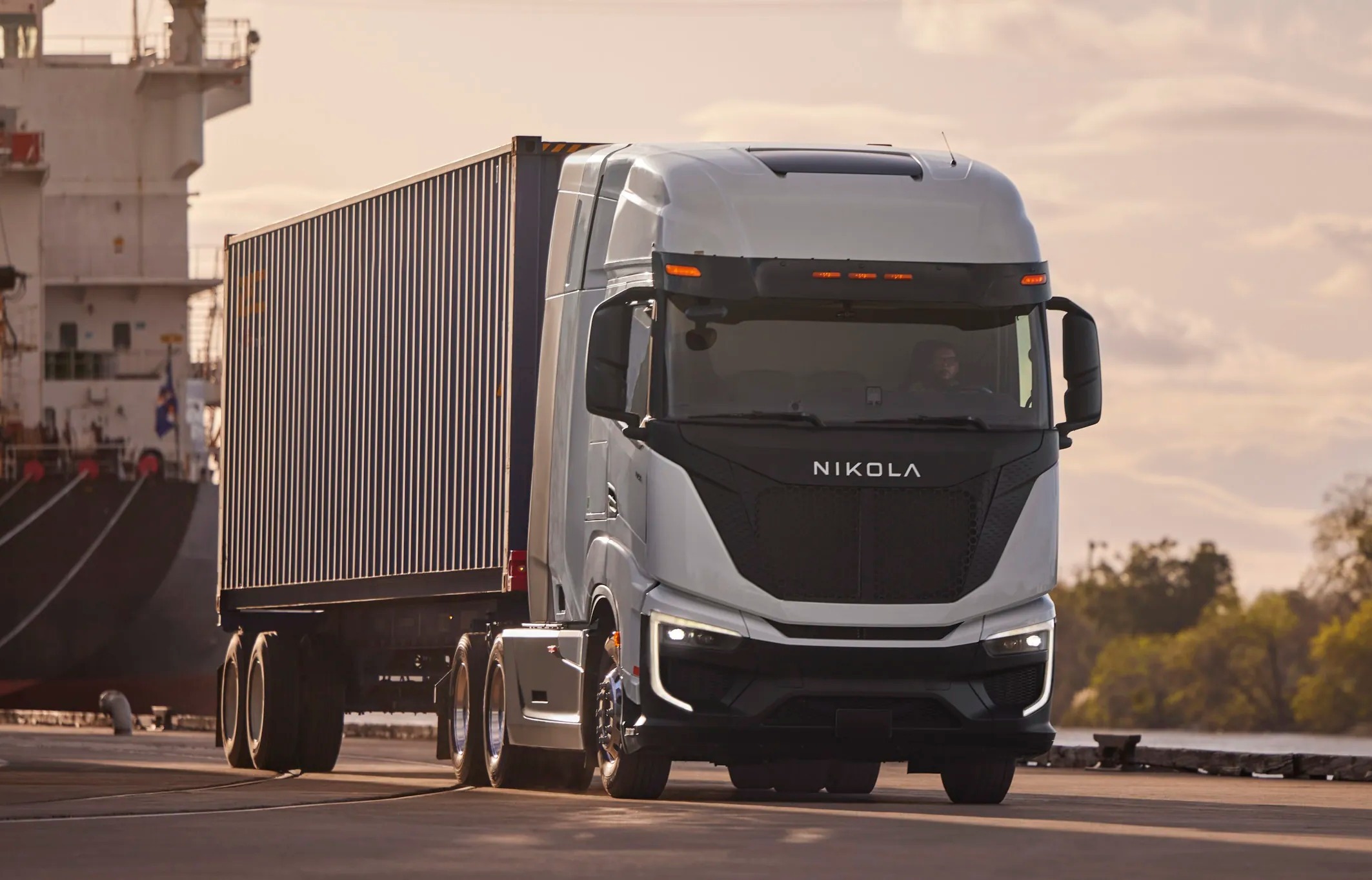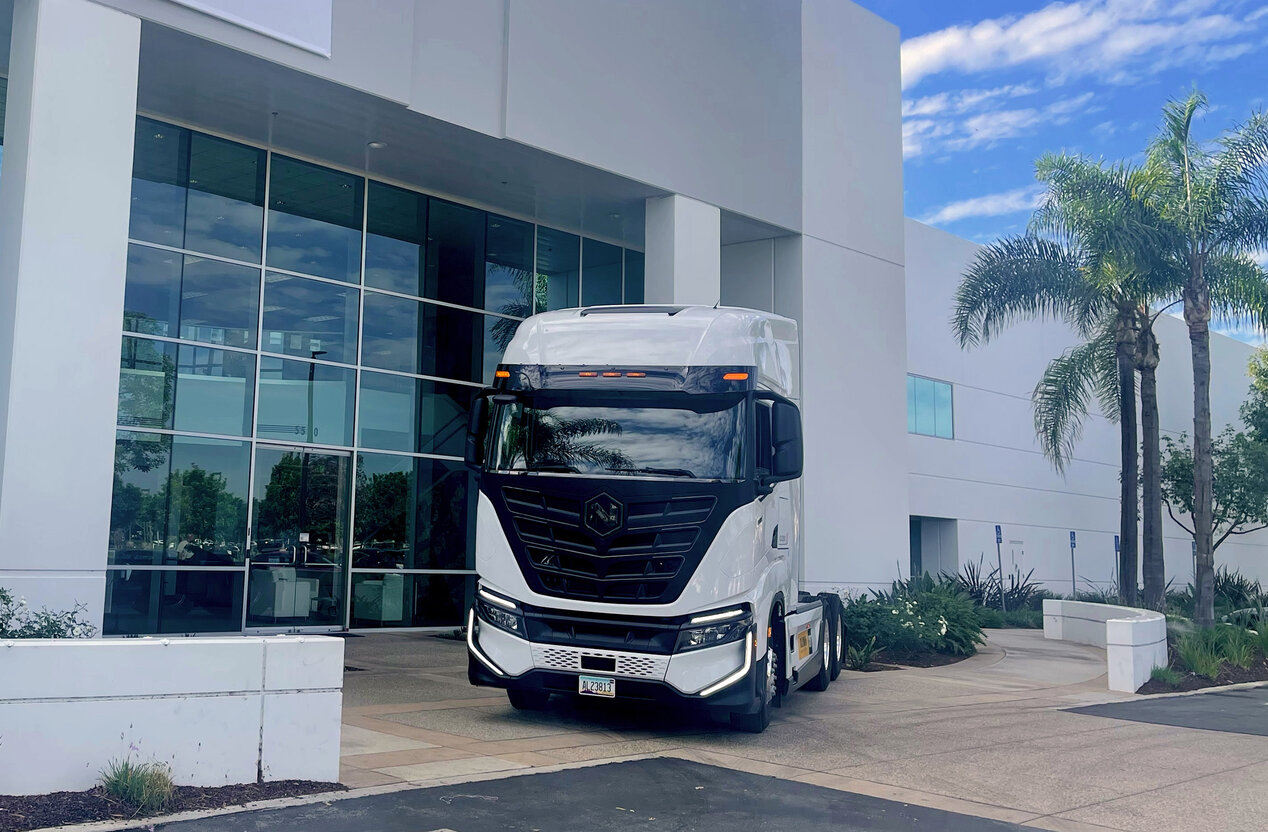In a recent incident in Phoenix, multiple Nikola electric semi-trucks were engulfed in flames, raising concerns about the safety of the vehicles. Initially, the company suspected defects in the battery modules, but a subsequent investigation has shed light on other possible causes of the fires.
Upon receiving the emergency call, the Phoenix fire department swiftly dispatched their Hazardous Materials crew to the scene to extinguish the flames. Internal documents obtained by Electrek now reveal that engineers detected corrosion in the battery cells, which were prone to self-discharge.
Nikola Corporation, in an effort to streamline its operations and reduce costs, acquired battery supplier Romeo Power for $144 million last year. Romeo Power specializes in designing and manufacturing lithium-ion batteries for commercial vehicles, and the acquisition was expected to save Nikola an estimated $350 million annually on battery-related expenses.
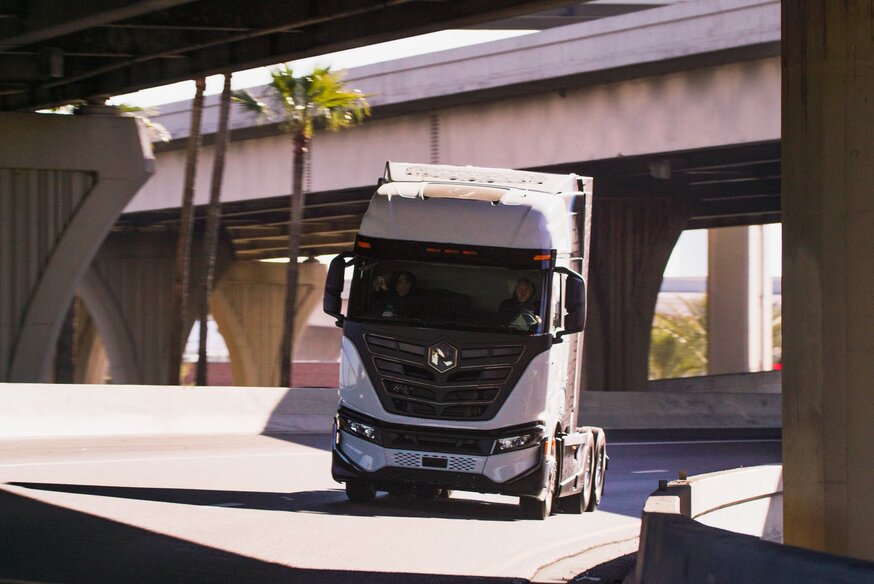
During the investigation, the team uncovered a common issue of cell corrosion in several battery modules. The root cause was traced back to laser welding, which inadvertently punctured the battery cells within the modules. This corrosion problem was observed after just two test cycles, leading to potential heat generation and increased resistance at the joint.
Nikola Tre Class 8 semi trucks utilize battery modules produced by Romeo Power, specifically the Hermes and Legion models. According to Nikola, it was the Legion module that was incorporated into the Tre trucks, as reported by Electrek’s sources. Both the Hermes and Legion modules exhibited signs of cell puncture issues.
Responding to the findings, Nikola stated that once the welding issues were identified in Romeo’s end-of-line process, a quarantine process was implemented to inspect the modules. The company assures that any packs with weld issues did not make it into the production semi trucks.
A spokesperson for Nikola clarified, “Legion and Hermes modules use two different cell manufacturers which have unique cell dimensions, height offsets, locations, laser parameters, and ultimately new welding patterns.”
Nikola has mobilized its own engineering team, as well as a third-party team, to conduct thorough investigations into the root cause of the fires. However, the results of these investigations are not expected for several weeks.
The Nikola Tre semi truck, based on the Iveco platform and manufactured in Coolidge, Arizona, features a colossal 733-kilowatt-hour battery pack, providing an estimated range of 330 miles. Its fast charging capability allows it to reach 80 percent charge in just 90 minutes, with a charging rate of 350 kilowatts.
Due to an inventory pile-up and disappointing sales, the company temporarily halted production of the Nikola Tre model last month. In the first quarter of 2023, only 63 units of the battery electric vehicle (BEV) were manufactured, while the order backlog for the fuel cell electric vehicle (FCEV) stands at 140 units. Nikola’s losses have already amounted to nearly $170 million, and the recent fire incident is unlikely to improve the company’s financial outlook.

